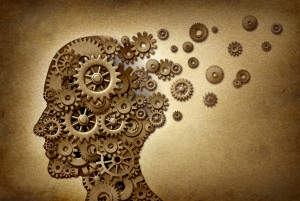Why healthy sleep habits are an important addiction prevention tool. 
Is sleep a prevention tool against addiction? A new study in the journal Alcoholism: Clinical and Experimental Research has found that 27 percent of school-age children and 45 percent of teens don’t get enough sleep. Either from school work, extracurricular activities, stress, and/or diagnosed forms of insomnia. And the study found that teens with sleep issues were more like to have drinking problems later on in life. Alarmingly, more and more teens are being prescribed sleeping pills, which can bring about a cascade of other problems (such as headaches, daytime drowsiness, and even dependence), often times without fully addressing the initial sleep problem. Read more →







